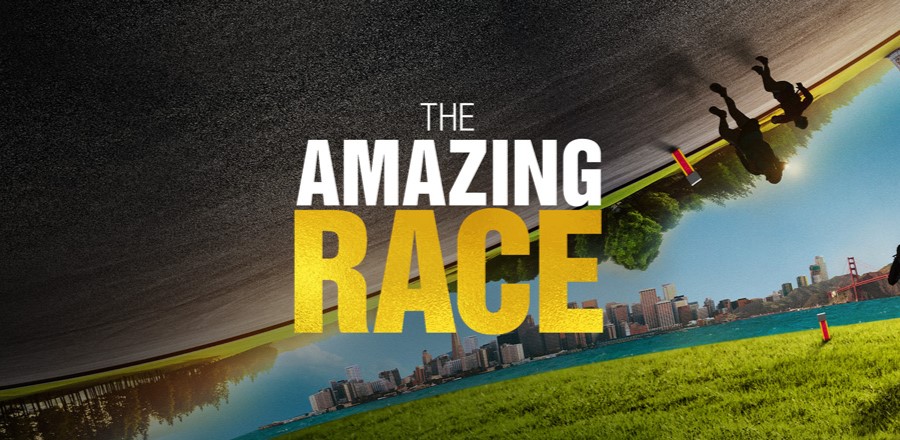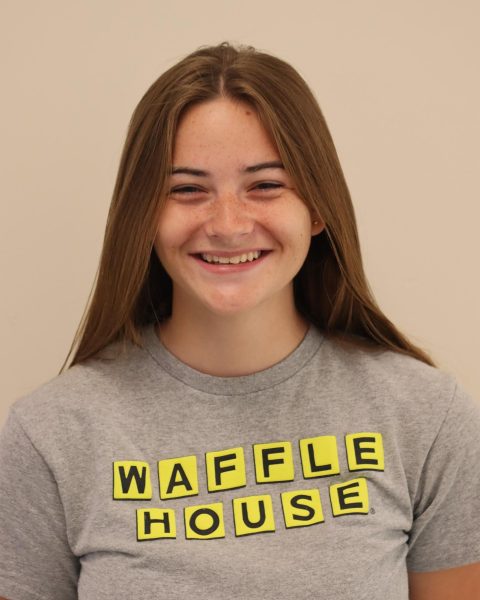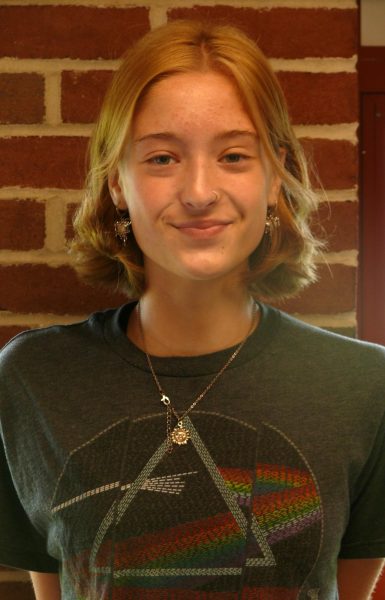Embracing Competitive Spirit: ‘The Amazing Race’ changes things up (Review)
The Amazing Race has been on air for 21 years now. The show uses a competition and reality style format.
December 16, 2022
Season 34 of The Amazing Race premiered on September 21, introducing new and eager contestants as well as some firsts for the show.
Full of adventure and competition, the show follows teams of two who are racing around the world, completing a series of challenges based on clues they find and attain along the way.
This season’s race kicked off in Munich, Germany which was unusual as it typically begins at a location in the United States.
Each episode covers a ‘leg’ of the race in which the last team to arrive at the final destination, or the Pitstop, could be eliminated. However, amongst the excitement of the season opener, host Phil Keoghan announced that this season’s elimination style would be different. For the first time in the show’s history, second chances would not be handed out in the form of non-eliminations, meaning teams would not randomly be saved if they came in last anymore.
Changes in the starting point and the elimination format ensure the safety of the contestants throughout filming since it took place during the peak of COVID, but they also spice up a show that has been on air for 21 years.
I personally have been watching the show for almost ten years now, and it never fails to captivate me, so I was still thrilled by the changes in the racing format. In past seasons, I would get frustrated cause it seemed like the same teams kept getting saved when they came in last. By eliminating the use of non-eliminations, the show also weeded out weaker teams faster and destroyed strong teams if they made a minuscule mistake.
With the removal of non-eliminations, I thought that the competition would be more aggressive between teams, but it did not necessarily appear that way. Individual teams were more determined to win than ever while still maintaining a positive outlook on the race and good sportsmanship between their fellow competitors. At times I found it hard to pick just one team to root for because of this, but it ultimately made me love the show more than I already did.
At the end of episode 10, which showcased the second half of a Megaleg, one of the strongest teams, brothers Marcus and Michael, were eliminated.
Michael reflected on their race in the episode by saying, “We had high aspirations of winning this entire thing, but I’m not upset about it.”
There has been little time for drama due to teams just trying to survive in the high-stakes of this overwhelming competition-any small mistake could cost them their chance at the prize money. Some of the many obstacles that have ruined teams include navigation and driving, not reading clues properly, and perseverance (or lack thereof) throughout Roadblocks or Detours.
Alliances are not new to the race, they almost always form. Previously, alliances had aggravated me because they felt like cheating to get ahead. At times, teams have worked together or provided hints to one another in order to tackle a challenging Detour or Road Block.
For example, in episode 10, teams Derek and Claire and Aubrey and David collaborated on a Detour in which they had to memorize the outfit on a dancer and properly assemble it on another. The teams share with one another the correct pieces to use in order to save some time. Earlier in that leg during a different Detour, Derek had given Aubrey and David information on how to cook their fish.
It is also normal in the race for teammates to bicker or argue, although viewers have not seen too much of that reality television behavior throughout this season. Most teammates have been encouraging of one another. One of the few times viewers saw a couple arguing was between Aubrey and David when it came to navigating.
“We know we’re either second to last or we’re possibly in last place, and the more I feel that, it just overwhelms me,” was how David explained his emotions regarding the navigation frustrations in episode seven.
There were also few circumstances in which teams wanted to quit. There was a situation between father-daughter duo Linton and Sharik in which Sharik kept complaining that she wanted to go home after an exhausting leg. Her father pushed her to keep doing the best she could, yet they still ended up facing elimination one leg later.
Another first for the show came about halfway through when teams traveled to the country of Jordan, exploring a landscape that may appear familiar to some viewers from various blockbuster films like Star Wars.
Around the same time that teams flew to Jordan, long lost twins Emily and Molly revealed that Molly pulled a muscle in her leg, slowing down their team, but ultimately not stopping them.
Before COVID, teams had to flag down their own transportation when it was not provided for them, which could leave teams behind if taxis would not stop or if the drivers got lost. This obstacle has been avoided in the most recent seasons.
With the race still going on through the pandemic, transportation is almost always provided with sponsored vehicles and the race’s own charter plane.
When the race was narrowed down to its final three teams: Derek and Claire, Emily and Molly, and Luis and Michelle the pressure and intensity that they faced skyrocketed in the last leg as they each fought for the one million dollar grand prize.
In a close final leg, teams traveled around the city of Nashville and finished the race at the Ryman Auditorium. Derek and Claire took home the prize, following them to the Pitstop were Emily and Molly, and in third were Luis and Michelle.
Disclaimer: Articles designated as “Review” represent the views and opinions of the author, not the Periscope staff, CHS/CASD administration, or the CHS student body.






























































































